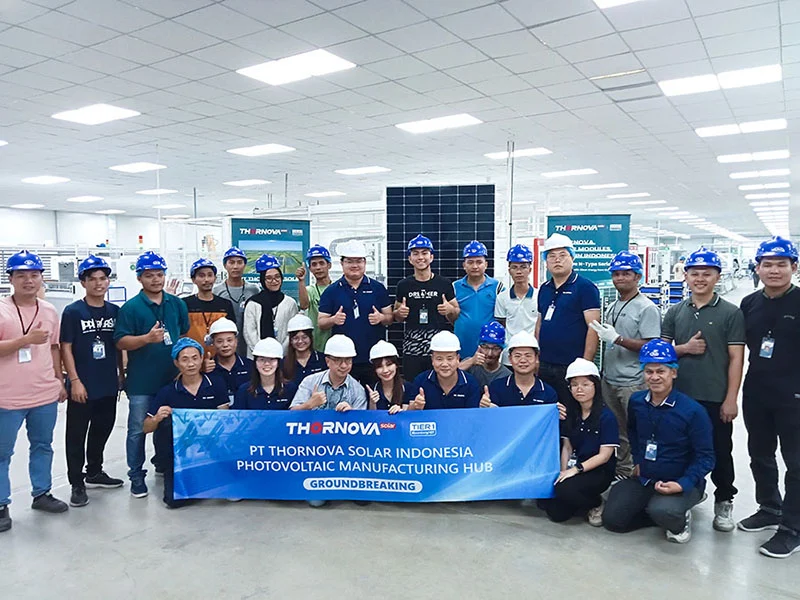
Mclub World – Indonesia role in the global tech scene has grown significantly in recent years, driven by a booming startup ecosystem, digital infrastructure, and supportive government policies. Many local entrepreneurs launch innovative apps and services that gain regional or global traction. International investors show increasing interest, while tech campuses and accelerators expand across major cities. As a result, Indonesia becomes a notable player in Southeast Asia’s tech landscape, contributing to digital transformation and economic growth.
“Read More: Top 10 Luxury Folding Bikes Premium with Fantastic Prices in The World”
Indonesia Government and private initiatives encourage Indonesian startups to compete internationally. For instance, startup accelerators and incubators offer mentoring, co‑working spaces, and seed funding. These programs help founders refine product-market fit and expand to neighboring countries. With support from global venture capitalists, many apps in fintech, healthtech, and edtech gain traction abroad. As a result, Indonesian innovators now present at global events, showcasing homegrown talent on international stages.
Indonesia benefits from serving a large domestic market before expanding regionally. Startups often pilot in Indonesia and then enter Malaysia, Philippines, or Vietnam. This phased approach reduces risk and accelerates learning. Moreover, similar consumer behaviors and regulatory landscapes in ASEAN help Indonesian startups adapt quickly. By using regional partnerships and cross-border collaborations, they grow faster and gain credibility internationally.
“Read About: How to Stick to an Exercise Routine Consistently”
Indonesia invests heavily in digital infrastructure like broadband, data centers, and undersea cables. Many initiatives aim to bring high-speed internet to rural areas. With improved connectivity, more citizens can participate in the digital economy. Tech workers gain access to global job platforms, while startups can scale reliably. These investments also attract multinational companies looking to set up regional hubs in Indonesia, further enhancing the tech ecosystem.
Tech talent pipelines grow as universities and tech communities expand coding bootcamps, hackathons, and meetups. Many students learn software engineering, data science, and AI through accessible formats. Tech communities host regular events in major cities, allowing professionals to network and collaborate. Additionally, partnerships between academia and industry help align curriculum with market needs. With this ecosystem, Indonesia produces skilled professionals ready for global challenges.
Foreign investment in Indonesia’s tech sector has surged, with major deals in e-commerce, fintech, and logistics. International firms often form strategic partnerships with local startups to expand market reach. In addition, global tech giants set up research and development centers in Indonesia, contributing technical expertise and resources. These partnerships benefit both sides: local teams access global standards, and foreign firms gain insights into emerging markets.
Fintech and healthtech stand out as sectors where Indonesia leads in innovation. Many startups offer digital payments, lending, insurance, and telemedicine. During the pandemic, adoption of digital health services accelerated dramatically. With millions of users, these platforms prove Indonesia’s capacity for scaling tech solutions. As a result, local firms gain recognition across Southeast Asia and attract international attention for their impact.
Indonesia’s government has enacted policies to support fintech innovation, including digital ID, eKYC, and data protection frameworks. Regulatory sandboxes allow testing of new products while ensuring consumer protection. Furthermore, cross-ministerial coordination helps streamline licensing and reduce barriers for startups. These reforms foster a more predictable and supportive environment for tech companies to thrive.
Indonesian tech companies increasingly emphasize sustainability and social impact. Startups work on solutions like renewable energy, climate monitoring, and education access. For example, apps help farmers access market data, while digital platforms enable remote learning in underserved regions. By integrating purpose into their missions, these firms contribute to United Nations Sustainable Development Goals and show that tech can drive positive change.
Indonesian entrepreneurs and technologists actively participate in global forums like TechCrunch Disrupt and Slush. They share success stories, challenges, and lessons learned. Media coverage of unicorn startups and innovative projects places Indonesia more prominently in international conversations. As a result, global audiences become more aware of the country’s vibrant tech ecosystem and its potential.
Looking ahead, Indonesia is preparing for the next wave of tech trends like AI, blockchain, and the Internet of Things. Research institutions partner with industry to drive innovation in these domains. Startups begin exploring Web3 applications and sustainable mobility. With continuous investments in talent, infrastructure, and regulation, Indonesia is well-positioned to maintain momentum. Its growing influence in the global tech scene reflects a country ready to lead in the next digital decade.
This website uses cookies.